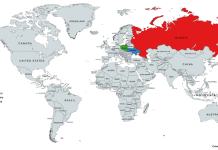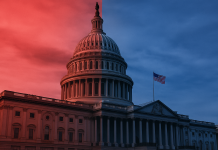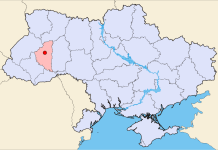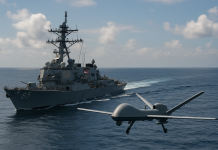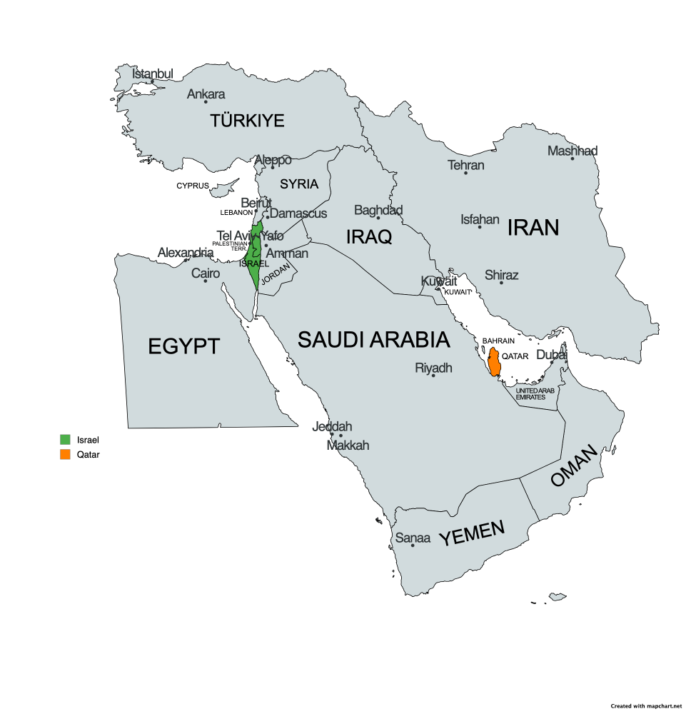
Israel confirmed Tuesday that it launched an airstrike in Doha targeting senior Hamas leaders, the first such strike in Qatar. The attack left several people dead, triggered condemnation from across the world, and drew criticism even from Israel’s closest allies.
According to Hamas officials, five members of the group were killed, including the son of top negotiator Khalil al-Hayya, as well as office staff. Qatar’s Interior Ministry said one of its Internal Security Force officers also died. Israel insisted the strike was aimed at Hamas leaders who planned the October 7, 2023 assault on Israel and who continue to direct operations from abroad.
The decision followed a shooting in Jerusalem on Monday that killed six Israelis. Hamas claimed responsibility for the attack. Israeli Prime Minister Benjamin Netanyahu and Defense Minister Israel Katz said afterward that the government had resolved to act against Hamas leaders abroad. Israeli media reported that 15 jets carried out the operation, striking a residential compound in Doha’s Katara district.
Qatar’s government condemned the strike as a “cowardly” act and a “flagrant violation” of its sovereignty. Officials said the attack endangered civilians and undermined mediation efforts that Qatar has led alongside Egypt and the United States to reach a ceasefire in Gaza. “This reckless behavior poses a threat to the security of Qataris and residents in our country,” the Foreign Ministry said.
The White House acknowledged that the United States was notified of the operation only moments before it occurred. President Donald Trump, speaking on social media, called the attack “unfortunate” and said he had instructed his envoy to warn Qatari officials, but that the message arrived too late. “Eliminating Hamas is a worthy goal, but unilaterally bombing inside Qatar does not advance Israel or America’s interests,” Trump said. He added that he had reassured Qatar’s leaders that such an action would not happen again on their soil.
UN Secretary-General António Guterres also denounced the strike, describing it as a violation of Qatar’s sovereignty. He praised Doha’s role in seeking a ceasefire and the release of hostages still held in Gaza, saying that “all parties must work toward peace, not further destruction.” Leaders from France, the United Kingdom, Spain, and the European Union echoed those concerns, while Arab states including Saudi Arabia, Jordan, and the United Arab Emirates issued their own condemnations.
The timing of the attack fueled widespread alarm, as Hamas negotiators had reportedly been meeting to review a new U.S. proposal for a truce and hostage exchange. Families of Israelis still held captive voiced fear that the strike would jeopardize their loved ones. “Why risk the lives of the hostages?” asked Einav Zangauker, whose son remains in captivity.
Israel defended its action as justified. Netanyahu declared that “the days are over when terror leaders can enjoy immunity of any kind.” Yet critics argued the strike risked derailing fragile talks and expanding the conflict further into the Gulf.
The attack in Doha came just weeks after Qatar’s U.S. air base was targeted by Iran, and only days after fresh violence in Jerusalem and Gaza. With tensions already high, the strike deepened concerns that the war could spread beyond Israel and the Palestinian territories, pulling in more regional and international actors.
Green = Israel
Qatar = Orange
Image is licensed under the Creative Commons Attribution-Share Alike 4.0 International license and was created using MapChart (https://mapchart.net).
